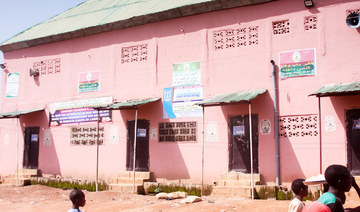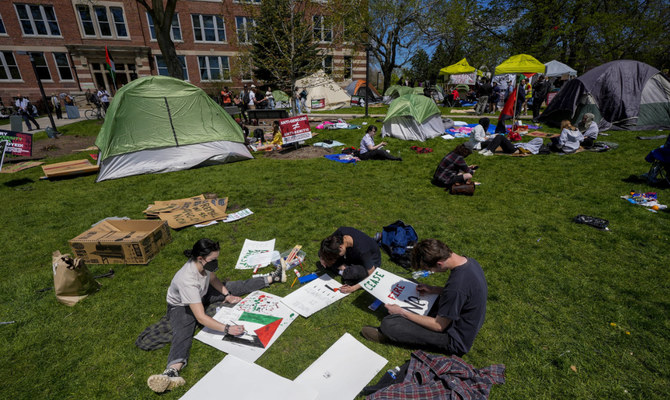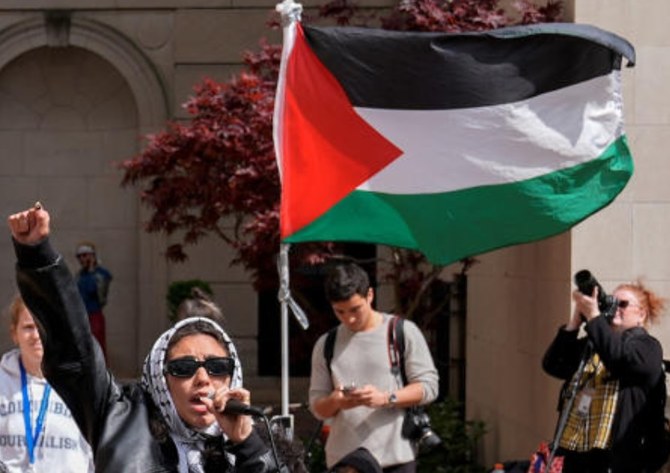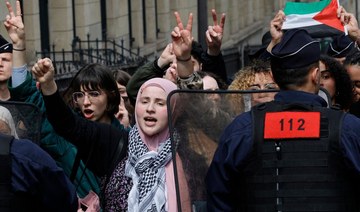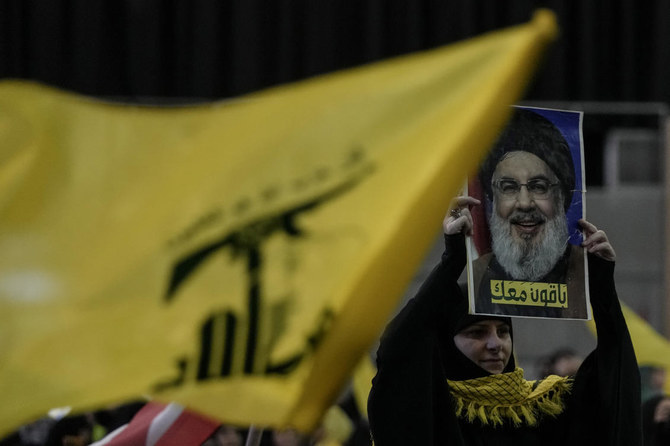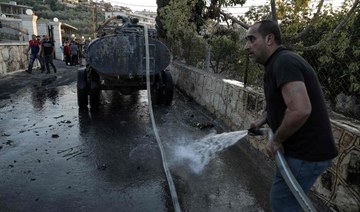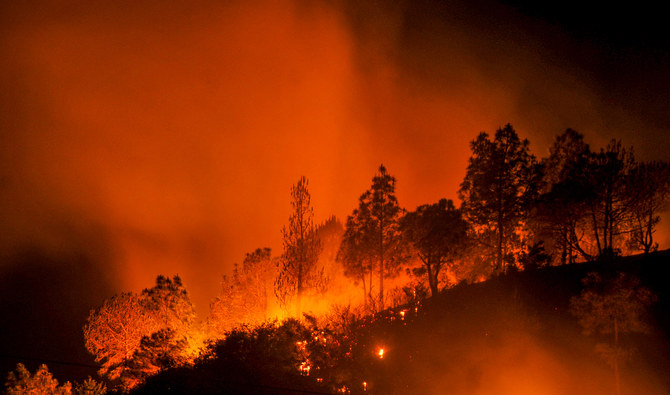KANO, Nigeria: Horrific revelations of torture and abuse at a compound billing itself as a Qur'anic reform school in northern Nigeria have shone a spotlight on Islamic institutes unregulated by the authorities.
Last week police in the city of Kaduna raided a building to find hundreds of men and boys — some reportedly aged as young as five — held in atrocious conditions at a facility proprietors described as a religious school and rehabilitation center.
Inmates were discovered chained to metal railings and with their hands and feet shackled together. Some bore scars from alleged beatings while other recounted being sexually abused.
“If they caught you if you want to run away from this place, they would hang you, they would chain you,” one of the victims Abdallah Hamza said.
The shocking revelations made headlines but activists insisted they were symptomatic of abuses that have long-riddled a system beyond official control.
Private Islamic schools — known locally as Almajiri schools — are widespread across mainly Muslim northern Nigeria, where poverty levels are high and government services often lacking.
The authorities have estimated that there are more than nine million students enrolled at the institutions.
“The latest example from Kaduna represented the worst of the system and very inhumane conditions,” Mohammed Sabo Keana, team lead at the Abuja-based Almajiri Child Rights Initiative NGO, told AFP.
“But they are a clear manifestation of what a lot of children go through — including being made to beg on the streets, subjected to violence, sleeping in the worst conditions imaginable and living with terrible sanitation levels.”
Failed education system
Activists have long pushed the government to reform or end the Almajiri system, arguing that it fails to provide children with the basics of an education.
In June Nigeria’s presidency said that it wanted ultimately to ban the schools — but insisted it would not be doing so anytime soon for fear of creating “panic or a backlash.”
Now calls for change look likely to grow in the wake of the latest scandal.
In a statement on the case the office of President Muhammadu Buhari — himself a Muslim from northern Nigeria — denounced the facility “as a house of torture and a place of human slavery.”
“We are glad that Muslim authorities have dismissed the notion of the embarrassing and horrifying spectacle as (an) Islamic School,” the statement said.
But it steered clear of mentioning any move to prohibit the schools and insisted that enforcing free compulsory education was a “panacea.”
“To stop unwanted cultural practices that amount to the abuse of children, our religious and traditional authorities must work with the federal, state and local governments to expose and stop all types of abuse that are widely known but ignored for many years by our communities,” it said.
Like rehab centers
Defenders of the Almajiri system argue that it can offer poor families services the Nigerian state woefully fails to provide.
Millions of children in the country go without any education despite primary school nominally being free.
Retired civil servant Yusuf Hassan runs the Almajiri Foundation in the northern city of Kano that has looked to improve the system.
He insisted that most schools are not like the one uncovered in Kaduna and instead blamed so-called “rehabilitation centers” where families send relatives considered delinquent or drug addicts.
“Some parents who have children that are difficult to manage at home take them to such rehabilitation centers,” he said.
“Some of the centers end up chaining the kids because they know they will run away.”
Hassan blamed a lack of any government medical or psychiatric care to help tackle widespread drug addiction in northern Nigeria and said a first step should be to separate rehab centers from schools.
But even some of those who have lived through the brutal treatment meted out in such institutions have argued they can be a force for good.
Mohammed Usman was chained up in one when his family took him there to get over a drug addiction in his twenties.
“Of course students were flogged when they misbehave which made us to mind our manners and stay in line,” Usman, now 45 and a high school teacher, told AFP.
He said he was taught about religion, morality and “respect” and eventually managed to get clean.
“I was there for nine months and when the teachers were satisfied with my rehabilitation I was released and returned home. Ever since, I have never used drugs.”





